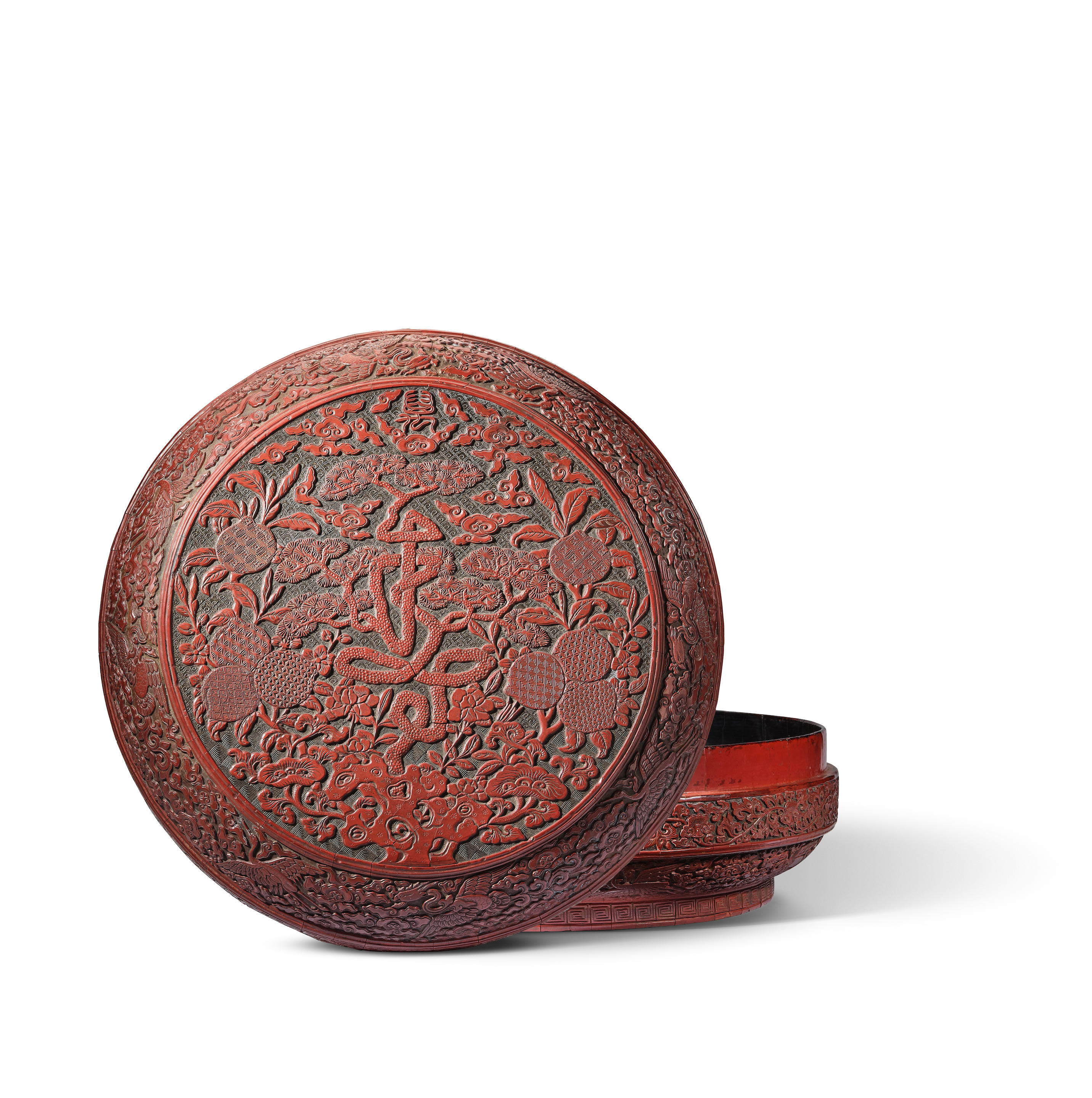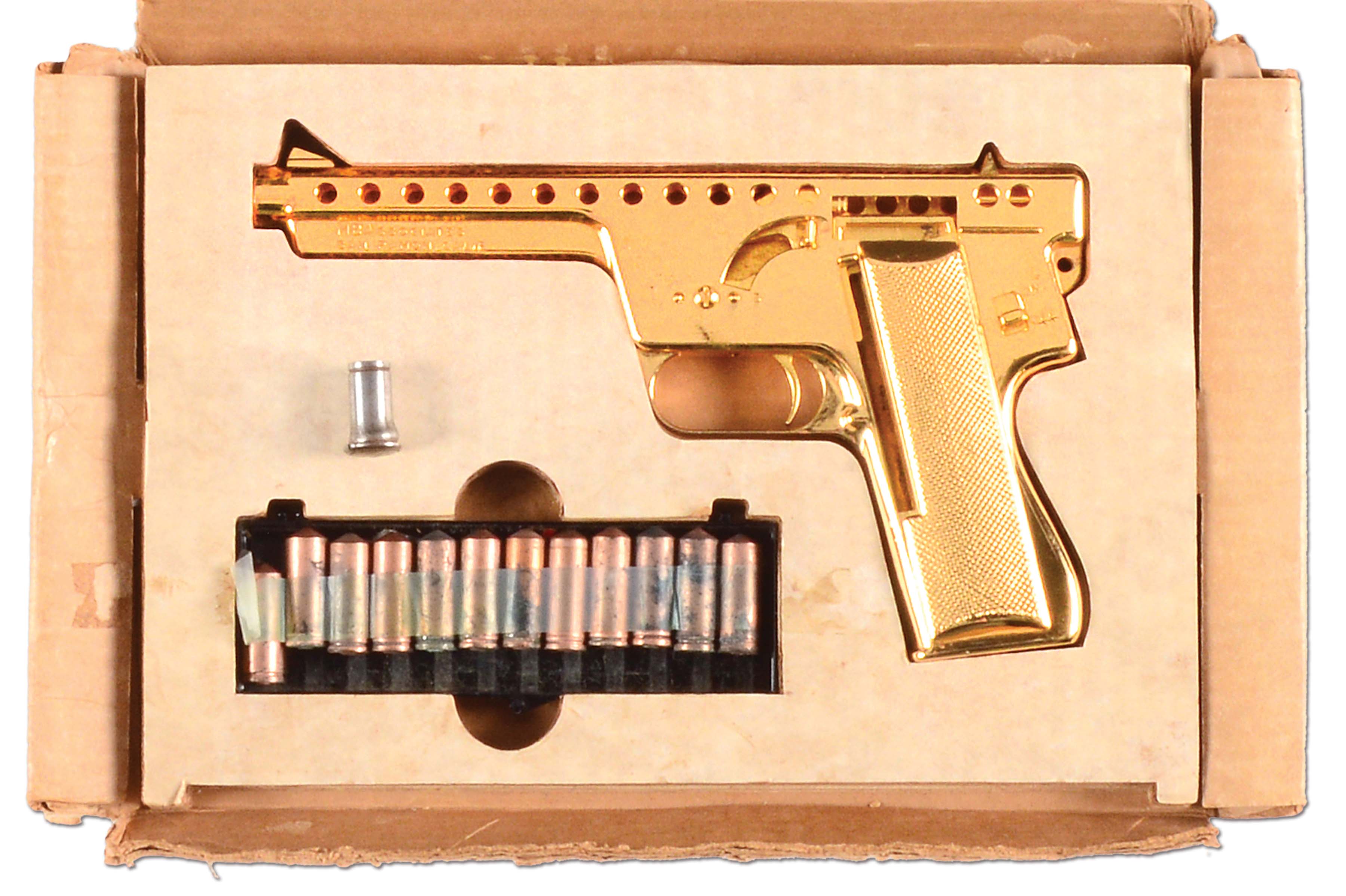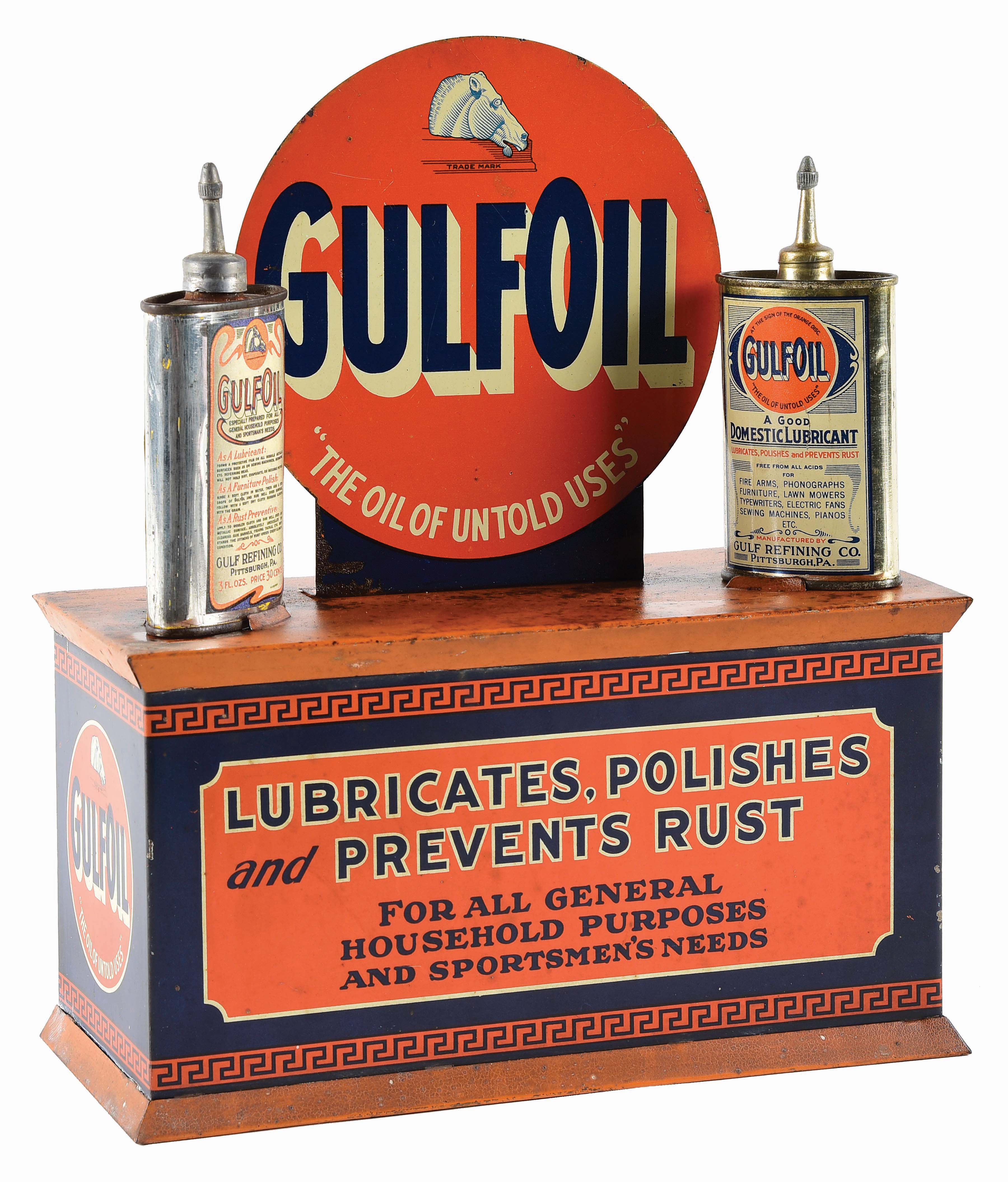An extremely rare lead figure of Punch attributed to John Cheere
mid 18th century on Portland stone base 109cm.; 43ins high John Cheere was first in partnership with his brother Sir Henry Cheere but took over John Nost~s yard and his moulds for lead figures in about 1739. Until his death in 1787 he was the leading producer of lead statuary as well as working in plaster. Contemporary accounts of his yard, which was situated on Hyde Park Corner indicate that his oeuvre was very varied and included rustic figures as well as classical statues and busts from antiquity. Although a firm attribution is difficult to make J.T. Smith in Streets of London, a contemporary account written in the mid 18th century gives the following description of Cheere~s yard: |The figures were cast in lead as large as life and frequently painted with an intention to resemble nature. They consisted of Punch, Harlequin, Columbine and other pantomimical characters| The Punch and Judy show can trace its roots to the 16th century to the Italian . The figure of Punch derives from the stock character of Pulcinella , which was Anglicized to Punch. He is a manifestation of the Lord of Misrule and Trickster figures of deep-rooted mythologies. Punch~s wife was originally |Joan|. 9th May 1662 is the day traditionally reckoned as Punch~s UK birthday, for that was the first recorded date on which the figure who later became Mr. Punch was seen in England. The diarist Samuel Pepys observed a show featuring an early version of the Punch character in Covent Garden in London. It was performed by an Italian puppet showman, Pietro Gimonde . Pepys described the event in his diary as |an Italian puppet play, that is within the rails there, which is very pretty.| In the British |Punch and Judy| show Punch wears a jester~s motley and is a hunchback whose hooked nose almost meets his curved jutting chin. In the early 18th Century, the marionette theatre starring Punch was at its height, showman Martin Powell attracting sizeable crowds at Covent Garden and given the close proximity to Hyde Park Corner it is more than likely that it was here that John Cheere would have first encountered the character which over the subsequent centuries has become part of British comedy culture. From a modelling point of view it must have made a welcome break from the more traditional classical and rustic subjects. Cheere has accentuated the physical deformities with Punch~s exaggerated limping gait, extravagant moustache, beak like nose and jutting chin.
An extremely rare lead figure of Punch attributed to John Cheere
mid 18th century on Portland stone base 109cm.; 43ins high John Cheere was first in partnership with his brother Sir Henry Cheere but took over John Nost~s yard and his moulds for lead figures in about 1739. Until his death in 1787 he was the leading producer of lead statuary as well as working in plaster. Contemporary accounts of his yard, which was situated on Hyde Park Corner indicate that his oeuvre was very varied and included rustic figures as well as classical statues and busts from antiquity. Although a firm attribution is difficult to make J.T. Smith in Streets of London, a contemporary account written in the mid 18th century gives the following description of Cheere~s yard: |The figures were cast in lead as large as life and frequently painted with an intention to resemble nature. They consisted of Punch, Harlequin, Columbine and other pantomimical characters| The Punch and Judy show can trace its roots to the 16th century to the Italian . The figure of Punch derives from the stock character of Pulcinella , which was Anglicized to Punch. He is a manifestation of the Lord of Misrule and Trickster figures of deep-rooted mythologies. Punch~s wife was originally |Joan|. 9th May 1662 is the day traditionally reckoned as Punch~s UK birthday, for that was the first recorded date on which the figure who later became Mr. Punch was seen in England. The diarist Samuel Pepys observed a show featuring an early version of the Punch character in Covent Garden in London. It was performed by an Italian puppet showman, Pietro Gimonde . Pepys described the event in his diary as |an Italian puppet play, that is within the rails there, which is very pretty.| In the British |Punch and Judy| show Punch wears a jester~s motley and is a hunchback whose hooked nose almost meets his curved jutting chin. In the early 18th Century, the marionette theatre starring Punch was at its height, showman Martin Powell attracting sizeable crowds at Covent Garden and given the close proximity to Hyde Park Corner it is more than likely that it was here that John Cheere would have first encountered the character which over the subsequent centuries has become part of British comedy culture. From a modelling point of view it must have made a welcome break from the more traditional classical and rustic subjects. Cheere has accentuated the physical deformities with Punch~s exaggerated limping gait, extravagant moustache, beak like nose and jutting chin.












Testen Sie LotSearch und seine Premium-Features 7 Tage - ohne Kosten!
Lassen Sie sich automatisch über neue Objekte in kommenden Auktionen benachrichtigen.
Suchauftrag anlegen